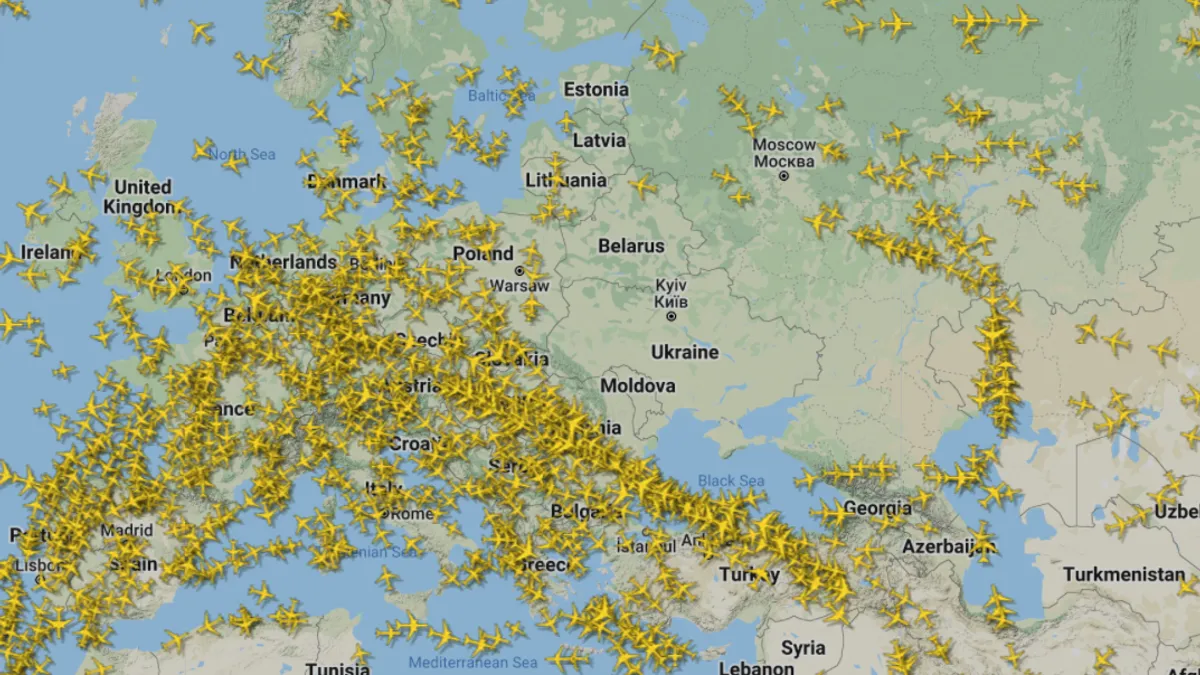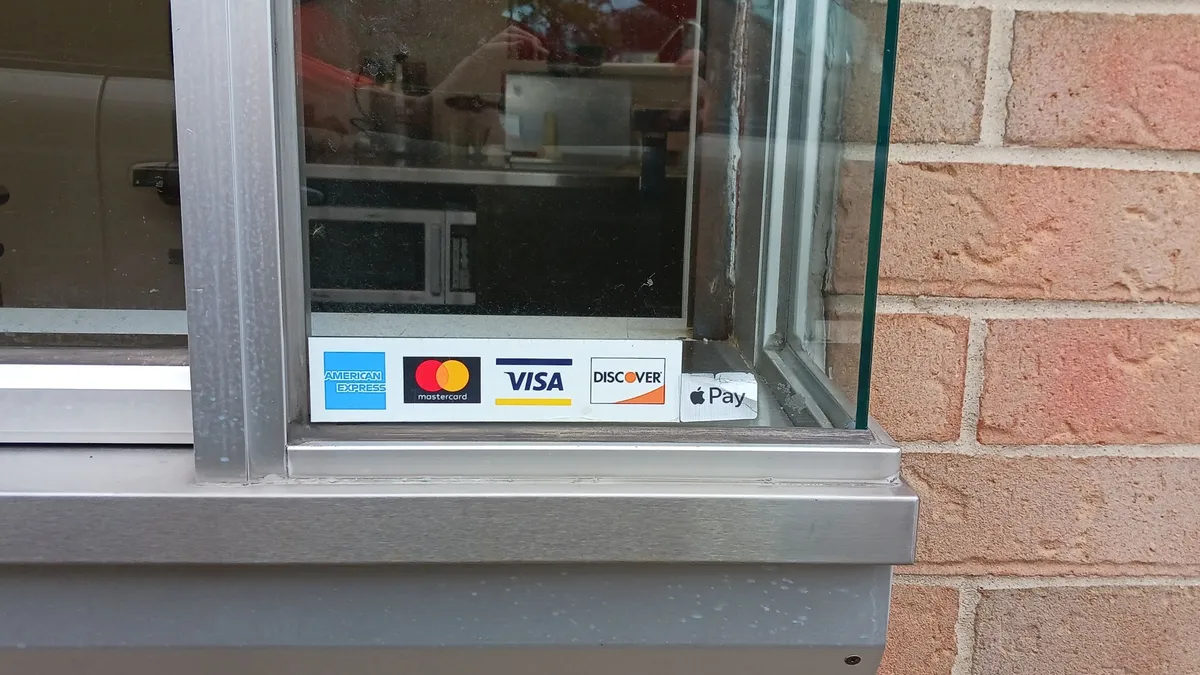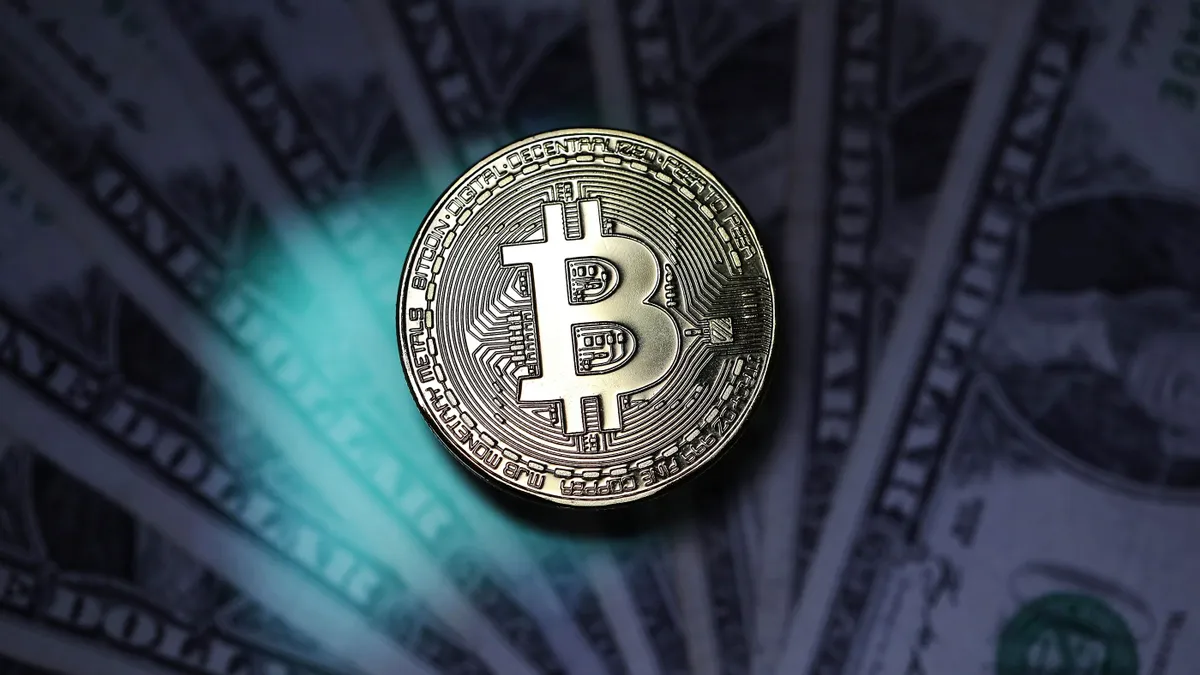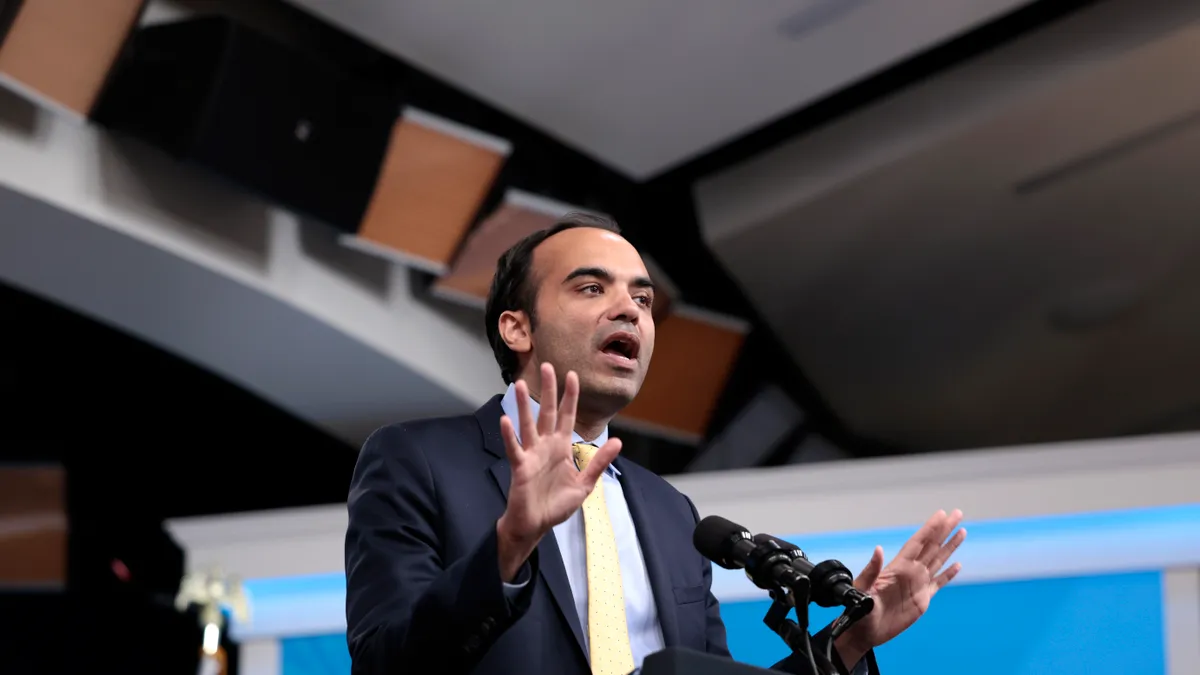As the Ukraine crisis intensifies, CFOs across industries have been scrambling to keep up with fast-changing sanctions against Russia, assess and manage their corporate risk and make sure they have hardened defenses against the increased threats of cyber attacks.
The financial fallout is gaining momentum. The U.S. and a coalition of G-7 nations joined together at the end of February to impose Swift money transfer system sanctions on a limited number of Russian banks over the country’s invasion of Ukraine. Card companies Visa, Mastercard and American Express announced over the weekend they are suspending operations in Russia.
Other global companies like Apple Inc., Shell PLC and BP PLC have begun cutting ties with Russia as the attacks continue, which experts say could lead to write-downs and complex accounting judgments, according to The Wall Street Journal. Some companies are scrapping initial public offerings as investors pull back.
Even finance leaders without any direct exposure to the region are on high alert as they monitor the situation and adjust the longer-term economic implications for their companies.
Biotech firm Axogen's CFO Pete Mariani said in an interview that the firm doesn’t believe it has any significant supplies tied to Ukraine after it created a team to review its exposure. Axogen looked "up and down its supply chain," he said.
The team is also digging further into the company’s cyber insurance policy to determine what the level of protection it provides, though Mariani believes it is sufficient. Fitch Ratings has said the Ukraine conflict will test the effectiveness of “war exclusion” and “hostile act exclusion” language in cyber insurance policies.
Devastating impact
For many companies, the war’s implications are already all too real. CFOs at global finance companies like Mastercard, which has employees and operations in the region, are already grappling with direct impacts of the war and sanctions, according to comments made by CFOs at the KBW Fintech Payments Conference this week.
"Clearly the invasion of Ukraine is just having a devastating impact all around,” said Sachin Mehra, CFO at Mastercard, speaking at the conference. "Our first and most important priority remains the people we have in the region. We are spending all our hours of the day every day making sure they remain safe."
The company is also very focused from a humanitarian aid standpoint and just announced it would make contributions of $2 million to institutions working with some of its partners to help the cause there.
From a sanctions standpoint, Mehra said, it’s a very “fluid environment,” with a lot of interaction with authorities to understand the scope of the sanctions, and what impacts they’ll have. He also said the company is spending a lot of time and energy making sure its already “very robust” network remains safe from risks associated with cyber attacks.
At American Express, CFO Jeff Campbell said Russia and Ukraine are “very small for us.” Collectively, it is “far, far less than 1% of our global volumes and revenues,” although still important because the company runs a global network. For example, the company has no colleagues in Ukraine. Instead, it works through partners there, he said. In Russia, the company has a small colleague base, one partner who issues a few cards and a couple other bank partners who acquire merchants for the company.
That said, because of the “very complex web of sanctions" that regulators around the globe are asking companies to implement — which Campbell said the company is compliant with — the company has had to wind down its business quickly. “You could have a write-off in the low single digit pennies of EPS,” Campbell said at the conference.
Longer-term
“The larger question for us is what potential larger or longer term impacts are there on the global economy?” Campbell said. As Campbell looks at daily results, travel bookings, etc., “You don’t see any inflection point outside of Russia and Ukraine in the recent days, but that’s obviously what we all will be watching as time goes on.”
Even at companies with less or little or no direct exposure, CFOs are contemplating the war’s longer term economic implications.
For Discover’s business fundamentals, there’s “virtually no impact” from the conflict, the company’s CFO John Greene said at the conference. “If anything, my sense is it could create some additional momentum on GDP growth, especially if there’s a protracted conflict and increase in NATO and U.S. defense spending.” If that’s the case, he said, a supply chain impact will trickle down to everyday consumers, and it could be accretive to sales and growth overall.
At IBrands Global, a private international supply chain platform, CFO Carmine Pappagallo said his firm has no “material” exposure to Russia but he is anticipating that the company’s freight costs will be higher than anticipated this year due to rising energy costs.
"The immediate impact that we would expect is increased inbound and outbound costs as we are moving merchandise across by ocean and by land across the U.S.,” he said. “We don’t expect any disruption in our procurement, sales or revenues.”



















